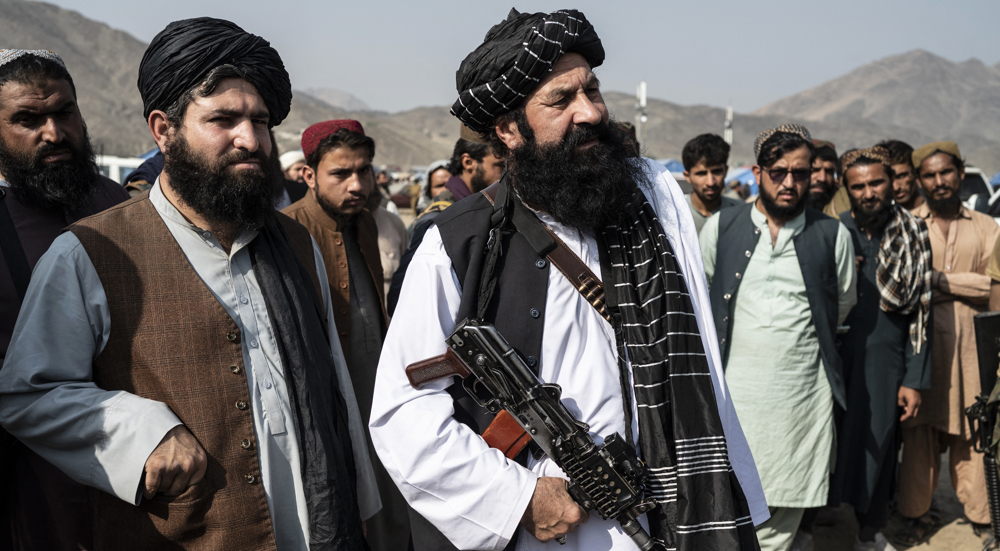Kabul hosts 1st intl. conference on consequences of US military presence in Afghanistan
Amin Alemi
Press TV, Kabul
The US has pledged to withdraw its forces from Afghanistan by September 11. The move will put an end to America’s longest direct war in the country.
The announcement of a troop withdrawal has urged some circles to discuss the consequences of the American military presence in Afghanistan over the past two decades. As they say, the US military presence in Afghanistan has had adverse effects on the country on different political, economic, social and military fronts.
Critics of the US policy in Afghanistan believe Washington’s involvement in Afghan issues is not limited to its military presence; they say Washington has also created ethnic tensions among local Afghans.
Under such circumstances, political elites in Afghanistan say as Afghans have fully experienced the cost of foreign interference in their country over the past 4 decades, they need to first come together and make a United nation and then make a strong policy to deal with foreign players in line with Afghanistan’s national interests .
The US military presence in Afghanistan under the pretext of fighting terrorism has not only led to an increase in militancy, poverty, and drug abuse, but, apart from its disruptive consequences, it has also resulted in America's longest war. Now after several years of struggle and hardships inflicted upon Afghanistan and its people, afghans are welcoming Washington’s decision to withdraw its forces from the country by September 11.
D-8’s role in Iran’s economy after Cairo summit
China slams US as ‘war-addicted’ threat to global security
China ‘firmly opposes’ US military aid to Taiwan
VIDEO | Press TV's News Headlines
President Yoon Suk Yeol to be removed from office
At least 19 Gazans killed by Israeli airstrikes since dawn: Medics
Leader: Iran neither has nor needs proxy forces
US fighter aircraft shot down ‘in friendly fire’ amid aggression on Yemen









 This makes it easy to access the Press TV website
This makes it easy to access the Press TV website